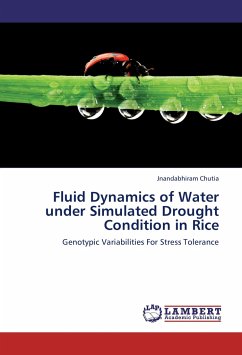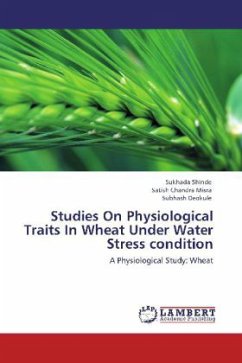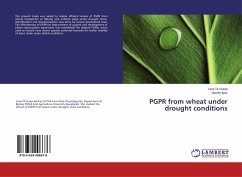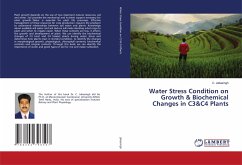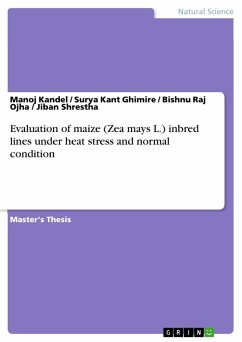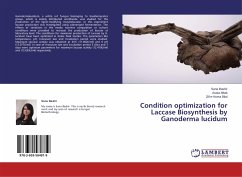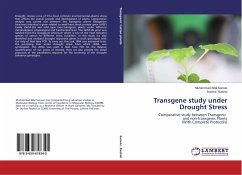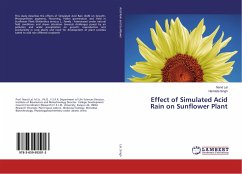Rice is the staple food crop for a large part of the World population. Rice is grown in a wide range of geographical conditions.About 42 biotic and abiotic stresses affect rice production. Several environmental factors adversely affect the rice plant growth and development and yield performance of the crop with drought stresses being the most widespread.The lack of a reliable method for identifying stress tolerant genotypes and the magnitude of factors involved in tolerance to water stress makes it difficult to choose traits conferring an advantage under such conditions. Simulation of drought stress by Polyethylene glycol (PEG-6000) is a reliable marker under laboratory conditions for testing the drought tolerant genotypes and its relative effects on synthesis of osmotin and dehydrin and the accumulation of proline as an omolyte .
Bitte wählen Sie Ihr Anliegen aus.
Rechnungen
Retourenschein anfordern
Bestellstatus
Storno

